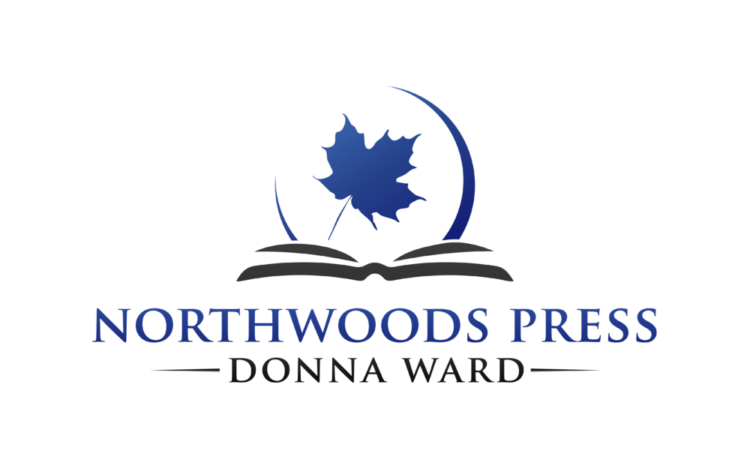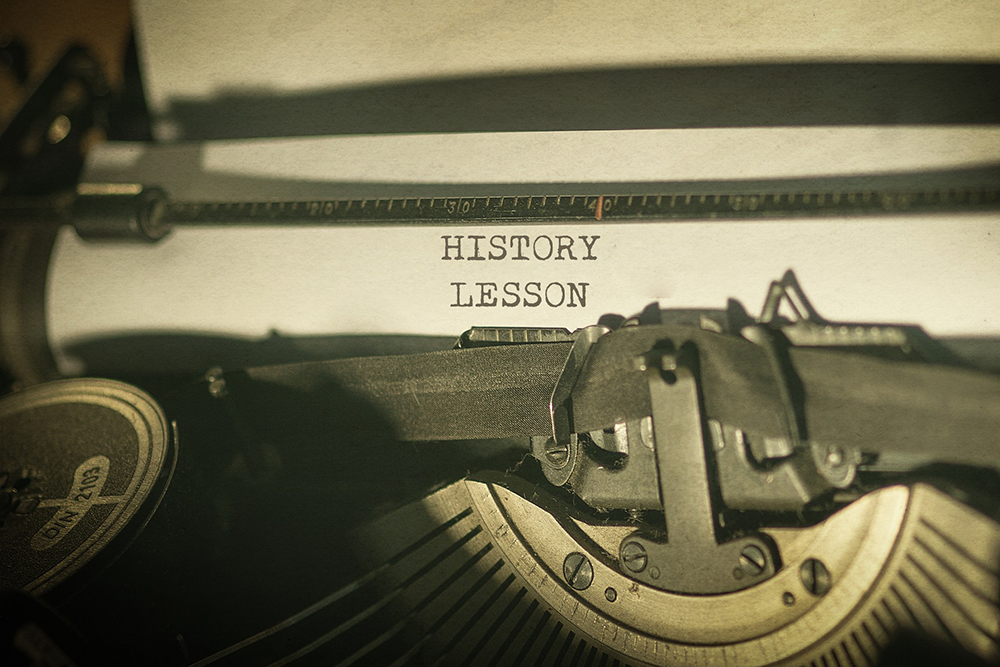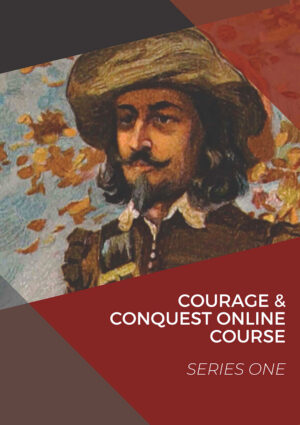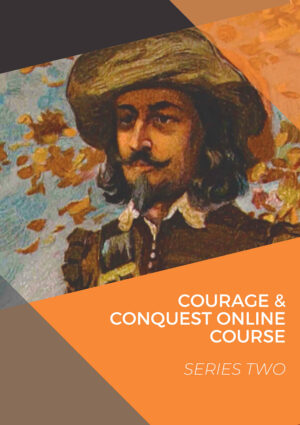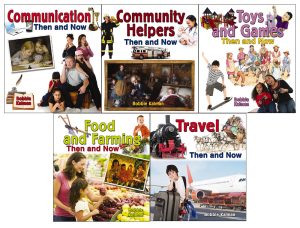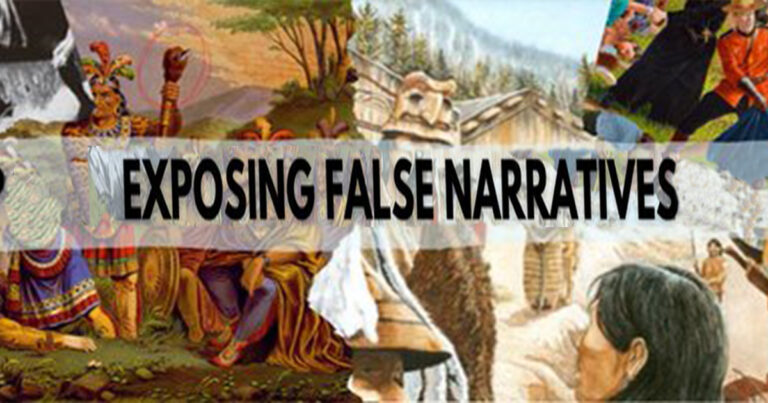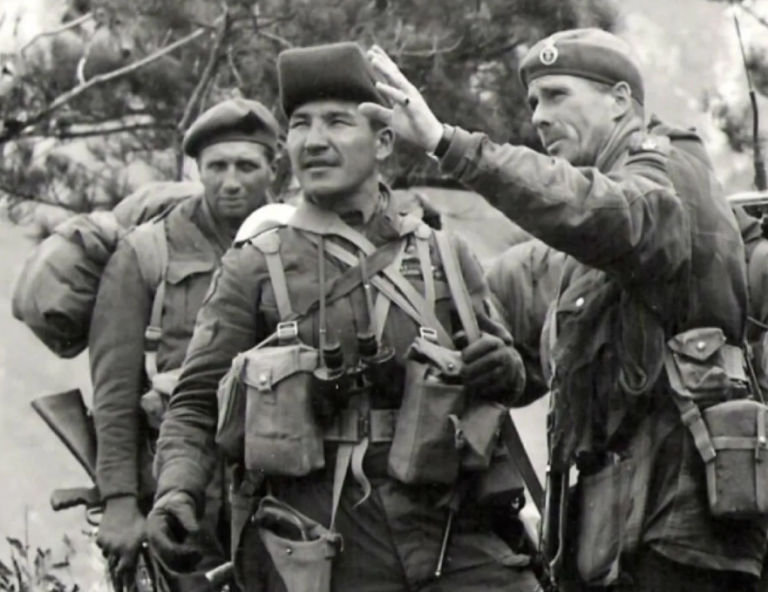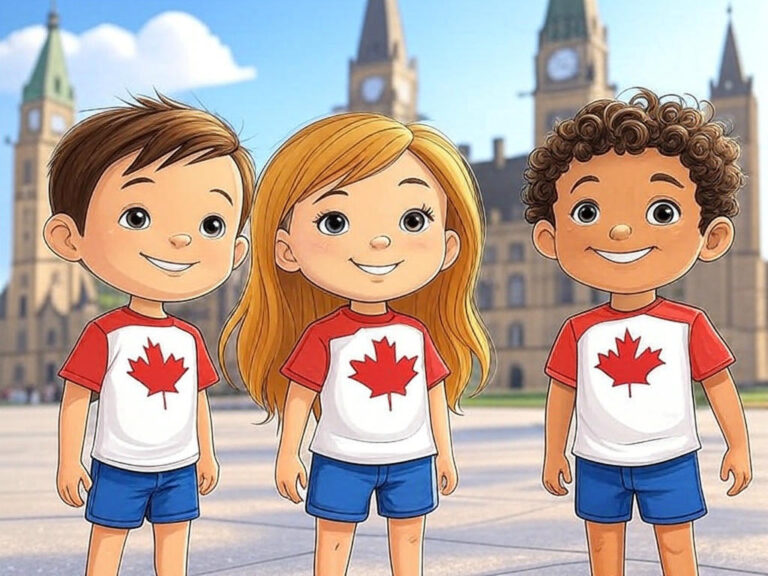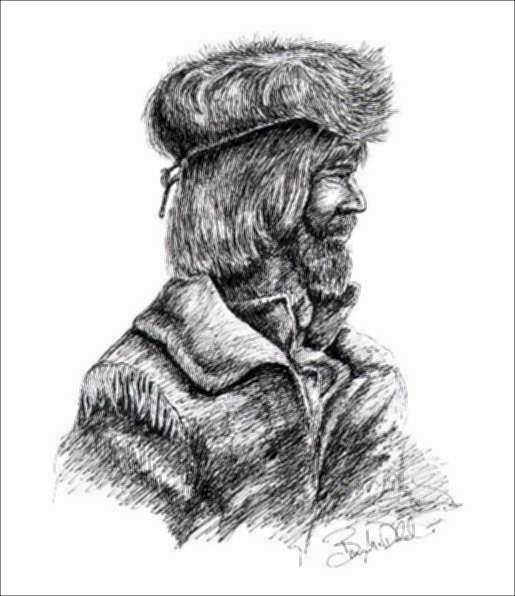History Lessons Are More Than Historical Fiction
History lessons need more than just story (except in early grades). Historical fiction alone is not a good way to teach history. Here are inaccuracies to watch for.
Characters: While historical fiction may be well-researched and the events presented as accurately as possible, the values of the characters will not be. Readers will not like characters whose views would be deemed racist, sexist, or superstitious by today’s standards, so authors give characters modern views.
Moral Values: People’s values, shaped by their culture, align with what brings them peace and prosperity. Since the material source of peace and prosperity changes over time, overall cultural values change. We are no better than societies that came before us, but historical fiction can reinforce the modern idea that our culture is morally superior. Historical fiction does not present an accurate view of the progression of society. As an example:
Imperialism,…was an economic theory based on the notion that you needed to own your trading partners. Once it was established that free trade led to greater prosperity, imperial powers ceased to defend and maintain their empires, letting some possessions go free….It was a change of economic theory over the intervening ninety years that made the American and Canadian separations from Britain very different events.
Baker, Mark. Weblog post. Stories All the Way Down, Substack, Jan. 2022, gmbaker.substack.com/p/ no-you-cant-learn-history-from-historical. Accessed 22 Aug. 2024.
Fragments: History takes fragmented scraps of evidence ― artifacts, diaries, photographs, documents ― and attempts to piece them together to form what can only be, a fragmented story. The historical narrative is often dominated by the voices and artifacts of the wealthy, creating a skewed understanding of the past that overlooks the lives and contributions of the less affluent. Where records of poorer communities infrequently exist, they are often minimal. The material culture of the lower classes—composed primarily of ephemeral resources like wood and hay—has been vulnerable to the ravages of time. For example: Unmarked graves may in fact, have been marked in wood, a product that returns to soil over time. Historical fiction presents the story as ‘sewn-up’, complete, as novels must do. Historians know that no story is certain or concrete. Historical understanding will always remain fragmented.
Individual focus vs. big picture: The novelist has the creative right to embellish a story and highlight an individual. Historical fiction can engage the learner, but historical study analyzes the individual stories in light of the full story of an event. The study of history takes all the individual stories and then looks at the whole picture.
Six Historical Thinking Concepts: Historical thinking concepts help historians analyze history. Students need to learn how to think critically about history, not just learn the stories through historical fiction. Our history curriculum teaches children how to use the Six Historical Thinking Concepts in the study of history. These critical thinking skills are transferable to other areas of study and help students evaluate the world around them and the messages bombarding them everyday.
Historical fiction enhances the study of history, but should not be the sole source of historical lesson material.
